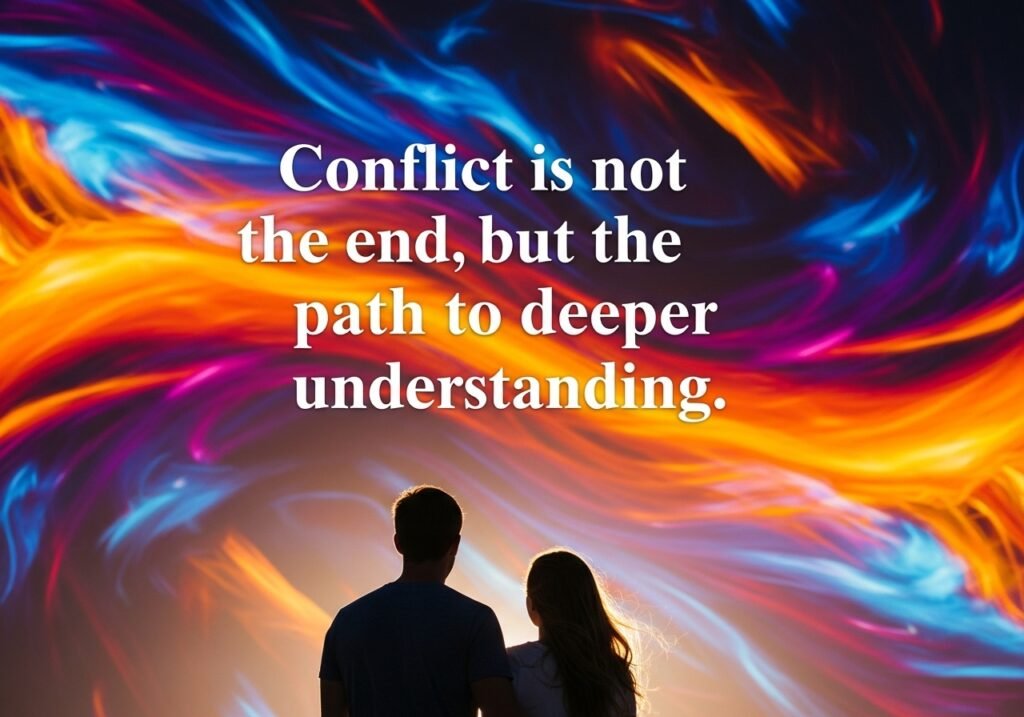The Marriage Relationship Between Couples: A Journey of Love, Growth, and Commitment
Marriage is one of life’s most profound and transformative experiences, binding two individuals in a unique partnership based on love, trust, and mutual respect. But what truly makes a marriage relationship thrive? How do couples navigate the highs and lows while cultivating a fulfilling, lasting bond? In this blog post, we’ll explore the intricate dynamics of marriage relationships, sharing insights, tips, and engaging reflections on the journey couples undertake together.
1. The Foundation of Marriage: Love and Commitment
At its heart, marriage is a deep commitment anchored in love. However, love alone doesn’t guarantee success — it’s the daily actions and decisions grounded in that love that shape the relationship.

- Love brings warmth, connection, and intimacy.
- Commitment ensures perseverance through challenges.
- Respect fosters a safe and supportive environment.
- Trust builds confidence and openness.
Studies show that couples who consciously invest in these core elements tend to experience higher satisfaction and longevity in their marriage.
2. Communication: The Lifeblood of a Healthy Marriage
Effective communication is often cited as the cornerstone of a successful marriage. Couples face various communication hurdles, from misunderstandings to conflicting styles, but mastering this skill can transform a relationship.

- Active listening: truly hearing your partner without planning your reply.
- Expressing feelings: openly sharing joys, fears, and disappointments.
- Conflict resolution: approaching disagreements with empathy rather than defensiveness.
For instance, according to relationship experts, couples who engage in “five positive interactions for every negative one” report higher happiness in their relationship. This ratio highlights the importance of positive reinforcement and appreciation.
3. Embracing Change: Growth in Marriage
Marriage isn’t static — both partners grow and evolve over time. Embracing change together rather than resisting it allows couples to deepen their connection.

- Supporting individual goals and transformations.
- Creating shared experiences and memories.
- Reassessing and realigning relationship goals regularly.
Research indicates that couples who adapt to life’s transitions as a team exhibit stronger bonds and better emotional health.
4. Balancing Individuality and Togetherness
One challenge married couples often face is maintaining a balance between personal identity and the shared identity of the marriage.

- Encouraging autonomy: hobbies, friendships, and personal growth.
- Cultivating unity: rituals, traditions, and quality time.
- Avoiding codependency while nurturing interdependence.
Statistics suggest that couples who respect each other’s individuality report greater satisfaction, as this freedom often fuels richer connection.
5. Intimacy: More than Just Physical Closeness
Intimacy in marriage spans beyond the physical dimension; it includes emotional, intellectual, and spiritual closeness.

- Emotional intimacy: sharing vulnerabilities and building empathy.
- Intellectual intimacy: engaging in stimulating conversations.
- Spiritual intimacy: sharing values, beliefs, or practices.
Studies reveal that couples who cultivate multiple types of intimacy experience deeper fulfillment and resilience in their relationship.
6. Managing Conflict: From Battles to Bridges
Disagreements are natural in marriage, but how couples handle conflict can make or break the relationship.

- Avoiding blame and contempt.
- Practicing forgiveness and understanding.
- Setting boundaries and taking time to cool down if needed.
Data shows that couples who view conflict as an opportunity to learn rather than fight tend to grow closer over time.
7. The Role of Humor and Playfulness
Injecting humor and playfulness into the marriage relationship is a powerful tool for bonding.

- Sharing laughter reduces stress and promotes positive feelings.
- Playful teasing (when respectful) enhances emotional connection.
- Creating joyful experiences maintains excitement and novelty.
Couples who laugh together frequently are significantly more likely to report happiness in their relationship.
8. Financial Harmony: Navigating Money Matters Together
Money is a common source of tension in marriages, but aligning on financial goals and habits is essential.

- Open, honest discussions about spending and saving.
- Budget planning as a shared activity.
- Respecting differences in financial perspectives.
Studies show that financial disagreements are among the top predictors of divorce, highlighting the importance of proactive communication on this topic.
9. Parenting and Marriage: Nurturing the Family Unit
For couples with children, managing the marriage relationship amidst parenting requires special attention.

- Prioritizing the couple’s relationship alongside parenthood.
- Supporting each other’s parenting styles.
- Scheduling regular couple time apart from family duties.
Research finds that couples who maintain a strong marital relationship positively impact their children’s well-being and family stability.
10. Seeking Help: The Value of Counseling and Support
No marriage is perfect, and seeking external help can be a sign of strength, not failure.

- Couples therapy enhances communication and conflict resolution.
- Support groups provide shared experience and encouragement.
- Self-help resources offer tools for personal and relational growth.
Evidence-based approaches like Emotionally Focused Therapy (EFT) have helped thousands of couples rebuild and strengthen their marriage bonds.
11. Cultivating Gratitude: The Secret Ingredient to Joyful Marriages
Gratitude might seem simple, but its impact on marriage is profound. Regularly expressing appreciation for your partner fosters positive emotions and strengthens your bond. Couples who intentionally practice gratitude — whether through small acts of kindness, verbal acknowledgments, or thoughtful gestures — often report higher levels of happiness and reduced conflict. Gratitude shifts focus from what’s lacking to what’s abundant, nurturing a culture of positivity within the relationship.

12. The Importance of Shared Goals and Dreams
Having aligned goals and dreams ensures that a couple is moving forward together rather than drifting apart. These shared visions could center around career ambitions, family planning, financial milestones, or lifestyle choices. When couples actively discuss and set mutual goals, they create a roadmap for their future together that promotes teamwork, motivation, and deeper connection. This shared purpose often helps couples navigate obstacles with a unified front.

13. Self-Care and Its Role in a Strong Marriage
Taking care of oneself is crucial for sustaining a healthy marriage. When each partner prioritizes their physical, emotional, and mental well-being, they bring more patience, energy, and empathy into the relationship. Self-care can involve regular exercise, pursuing hobbies, meditation, or seeking professional help for personal challenges. A marriage flourishes when both individuals feel supported in their individual self-care journeys, avoiding burnout and resentment.

Conclusion: The Ever-Evolving Journey of Marriage
Marriage is a dynamic, evolving relationship that requires intentional effort, understanding, and love to thrive. Couples who focus on communication, respect individuality, embrace change, and nurture intimacy build resilient partnerships that stand the test of time.
Remember, every couple’s journey is unique — there is no perfect formula, only a commitment to grow together through all life’s seasons. By investing in the marriage relationship, couples create a foundation of support, joy, and deep connection that enriches their lives and those around them.
Frequently Asked Questions (FAQs)
Q1: How can couples keep the spark alive after many years of marriage?
A1: Keeping the spark alive involves continuous effort from both partners, including regular date nights, open communication, trying new experiences together, showing affection daily, and supporting each other’s personal growth. Prioritizing fun and intimacy helps maintain excitement and connection.
Q2: What are some effective ways to resolve conflicts without hurting each other?
A2: Couples can resolve conflicts effectively by focusing on active listening, avoiding blame or criticism, expressing feelings calmly, taking timeouts if conversations become too heated, and seeking compromise or solutions that respect both perspectives. Using “I” statements instead of “you” accusations also helps reduce defensiveness.
Q3: When should couples consider seeking professional help for their marriage?
A3: Professional help is advisable when couples face persistent communication breakdowns, repeated unresolved conflicts, loss of intimacy, trust issues, or major life stressors they struggle to manage alone. Counseling can provide tools, insights, and a neutral space to rebuild connection and understanding.